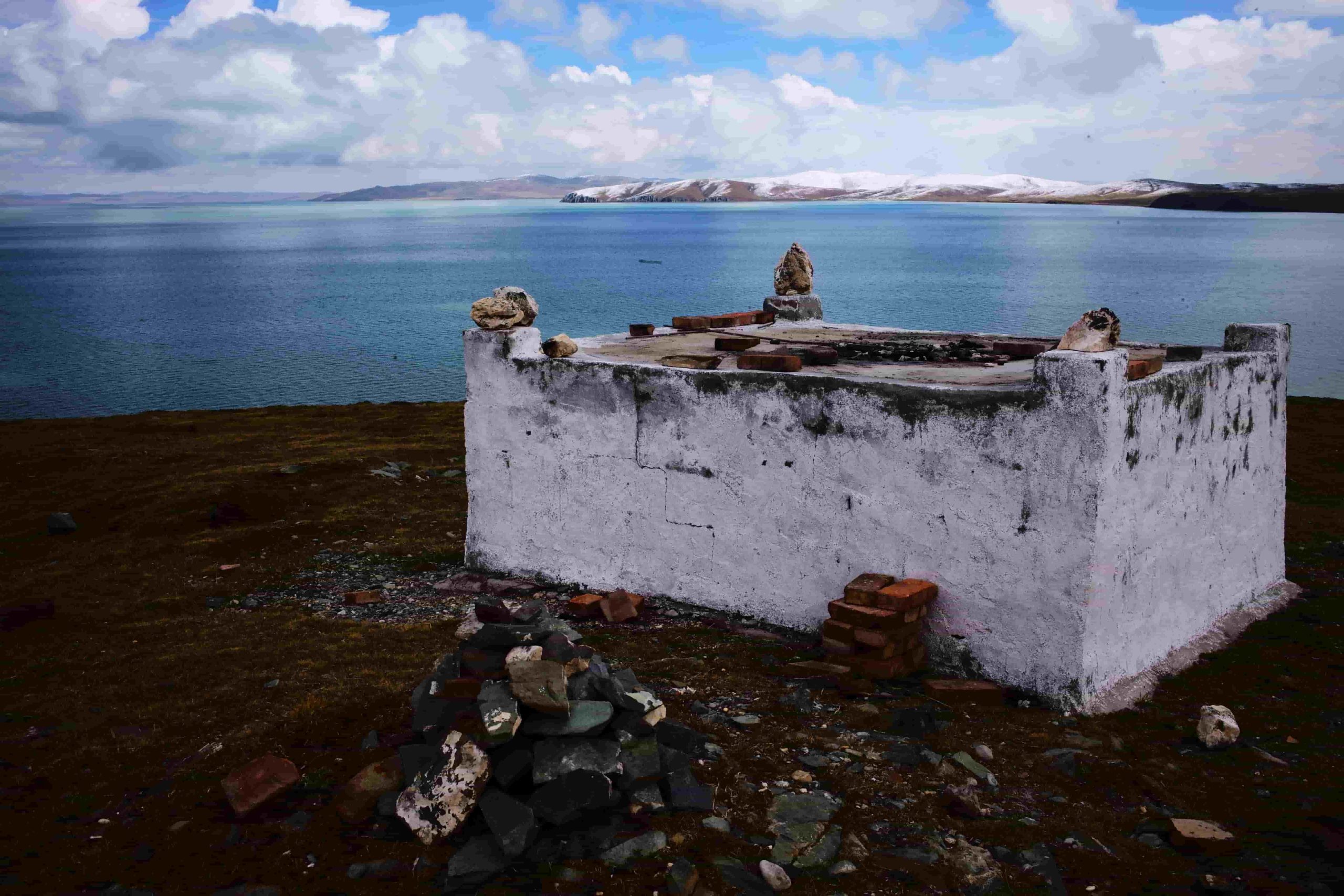Led by: Dan Smyer Yü (Yunnan University) and Erik de Maaker (Leiden University)
Co-organized by: HUC Thematic Working Group on Trans-Himalayan Environmental Humanities and National Centre for Borderlands Ethnic Studies in Southwest China at Yunnan University (NaCBES)
In partnership with: Institute of Cultural Anthropology and Development Sociology, Leiden University; University of Warwick; and Yale Forum on Religion and Ecology
The following two webinars are part of a two-week intensive virtual seminar/publishing workshop. These webinars are open to the public on a first-come-first-served basis.
PUBLIC LECTURE 1
30 November 2020, 12:45–14:15 NPT (UTC+05:45)
M?kua Valley on the island of O‘ahu is a place where snail conservation, the US Army, and K?naka Maoli (Native Hawaiian) claims to access land and cultural sites are brought into dynamic tension. Over roughly the past 100 years, the Army has used this valley for live-fire and other exercises, excluding people while also blowing up and burning the habitat of critically endangered land snails and other species. Snails and local people are drawn together here into a powerful multispecies solidarity centred on efforts to conserve the biological and cultural heritage of this place. Importantly, these efforts have also rippled out beyond the valley, through not only the Army’s subsequent investment in snail conservation in Hawaii but also its ongoing activities in other parts of the Pacific region that continue to threaten snails and their peoples, while also fostering their own dynamic forms of solidarity and resistance. This lecture will explore some of the complexities and compromises of conservation in the context of deep histories and ongoing realities of both colonization and militarization.
About the speaker
Thom van Dooren is Associate Professor and Australian Research Council Future Fellow at the School of Philosophical and Historical Inquiry and the Sydney Environment Institute, University of Sydney, and Professor II in the Oslo School of Environmental Humanities, University of Oslo. His research and writing focus on some of the many philosophical, ethical, cultural, and political issues that arise in the context of species extinctions and human entanglements with threatened species and places.
He is the author of Flight Ways: Life and Loss at the Edge of Extinction (2014), The Wake of Crows: Living and Dying in Shared Worlds (2019), and co-editor of Extinction Studies: Stories of Time, Death, and Generations (2017), all published by Columbia University Press.
PUBLIC LECTURE 2
Learning from life stories
1 December 2020, 19:45–21:15 NPT (UTC+05:45)
Life stories provide unique insights into the everyday experiences, attitudes, and knowledge of people who are marginalized for political, social, economic, or cultural reasons. They can also reveal the intimate relationship between human and non-human domains and the impossibility of separating these interactions. Yet this approach raises many challenges and can be hard to implement at scale. The impact of detailed qualitative interviews on interviewers as well as on those being interviewed is sometimes underestimated, especially when dealing with socially and emotionally charged and traumatic experiences. The need to be aware of demographic and personality differences in addition to social norms relating to expressions of personal experience also requires sensitivity and reflection. However, the proven benefits of developing empathetic modes of communication embedded in life story approaches make this a valuable, but a highly complex and challenging tool for research as well as for community and individual empowerment. This talk will discuss examples from the broader Himalayan region of how and why life story research has been used to explore hidden histories and experiences, as well as some of the methodological questions that arise.
About the speaker
Mandy Sadan is Associate Professor and Academic Director of Distance Learning Postgraduate Programmes, School for Cross-faculty Studies – Global Sustainable Development; and Senior Research Fellow, Oxford School of Global and Area Studies. Sadan has been researching on and teaching about the borderlands of Myanmar for more than two decades and remains deeply committed to using her work to support the realization of the Sustainable Development Goals in these regions. She seeks to demonstrate the importance of historical and humanities-oriented research in supporting locally grounded sustainable development and peacebuilding, especially politically, educationally, and culturally marginalized borderland communities. For this reason, too, she is passionate about the role that life story and oral history research can play in supporting local people to have a stronger voice in development policy.
Her most recent collaborative projects, funded through the British Academy Sustainable Development Program and the UK Global Challenges Research Fund (GCRF), include “Sustainable Lives in Scarred Landscapes: Heritage, Environment, and Violence in the China-Myanmar Jade Trade” and “Drugs and (Dis)order: Building Sustainable Peacetime Economies in the Aftermath of War”.
AGENDA
First webinar – Monday, 30 November 2020 | 12:45–14:45 NPT (UTC+05:45)
| Date | Programme |
|---|---|
| 12:35–12:45 | Participants log-in on Microsoft Teams |
| 12:45–12:55 | Introduction – Chi H Truong (Shachi), Himalayan University Consortium, ICIMOD Welcome remarks – Pema Gyamtsho, Director General, ICIMOD |
| Public lecture 1 | Speaker: Thom van Dooren, University of Sydney and University of Oslo Discussant: Dan Smyer Yü, Yunnan University |
| 12:55–13:00 | Introduction of the virtual seminar-workshop and speaker – Dan Smyer Yu |
| 13:00–14:00 | Military snails: Multispecies solidarity in Hawaii – Thom van Dooren |
| 14:00–14:45 | Discussion End of day 1 |
Second webinar – Tuesday, 1 December 2020 | 19:45–21:15 NPT (UTC+05:45)
| Date | Programme |
|---|---|
| 19:35–19:45 | Participants log-in on Microsoft Teams |
| Public lecture 2 | Speaker: Mandy Sadan, University of Warwick Discussant: Erik de Maaker, Leiden University |
| 19:45–19:55 | Introduction of the speaker – Erik de Maaker |
| 19:55–20:55 | Learning from life stories – Mandy Sadan |
| 20:55–21:15 | Discussion End of day 2 and public keynote lectures |

